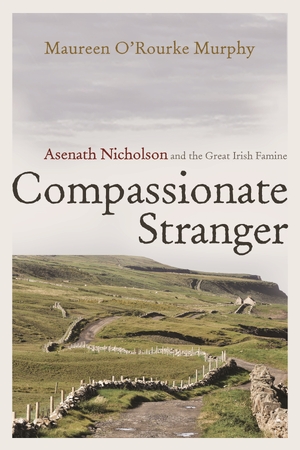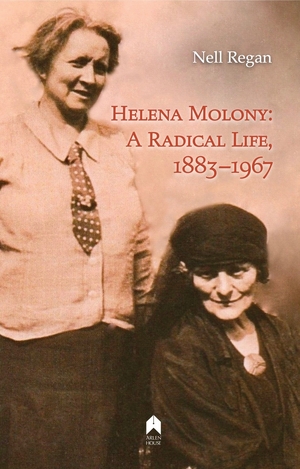"Near classic status."—Choice
"A fine, heartwarming book."—Publishers Weekly
"Her story is very Irish indeed, but so close to earth as to be universal. . . . An important part of Ireland's oral heritage, as well as a monument to an astonishing personality."—Eire Ireland
"Peig was brought up on the mainland, where she spent a life of servitude and hardship. She later moved to Great Blasket Island where she spent the next forty years—'a troubled and tormented life.' Much of the grief she suffered was over the death of four of her ten children, another was the torment of all-night vigils while her husband was out fishing. . . . Peig recounts a life of tragedy and joy in which whatever occurs is stoically endured, buoyed by the companionship of neighbors and by faith in God."—The Nation
Description
Here is one of the classics of modern Gaelic literature—the autobiography of Peig Sayers, a remarkable woman who lived forty years at the edge of survival on barren Great Blasket Island, and who came to be recognized as one of the last of Ireland’s traditional storytellers.
Here is a story as unforgettable as it is simple. It reveals with fidelity, humor, and poignancy a woman’s life in a bleak world where survival itself was a triumph and death as familiar as life. Peig said of her son Tomás, who was killed in a fall from a clifftop: “Instead of his body being out in the broad ocean, there he was on the smooth detached stone. . . . laid out as expertly and as calmly as if twelve women had tended him.” Her own farewell to life had the same clear-eyed simplicity: “People will yet walk into the graveyard where I’ll be lying; I’ll be stretched out quietly and the old world will have vanished.”
Peig died in 1958, when she was 85. She is buried a short distance from the townland where she was born, above the sea on the Dingle Peninsula, within sight of the Great Blasket Island.
Through this American edition, Peig will reach a new international audience. As Eoin McKiernan, President of the Irish American Cultural Institute, notes in his introduction, Peig has the “quality of honesty and sincerity, of life lived at the bone.” Long loved in Ireland, this autobiography will now be seen for what it truly is—one of the great heart-cries of the Irish people.
About the Author
Bryan MacMahon, a fluent Irish speaker, looked on this translation of Peig as a labor of love. Novelist, folklorist, university lecturer, balladeer, and poet he has had three of his plays produced by the Abbey Theatre, Dublin, and his fiction has received critical acclaim and wide translation.
October 1974




